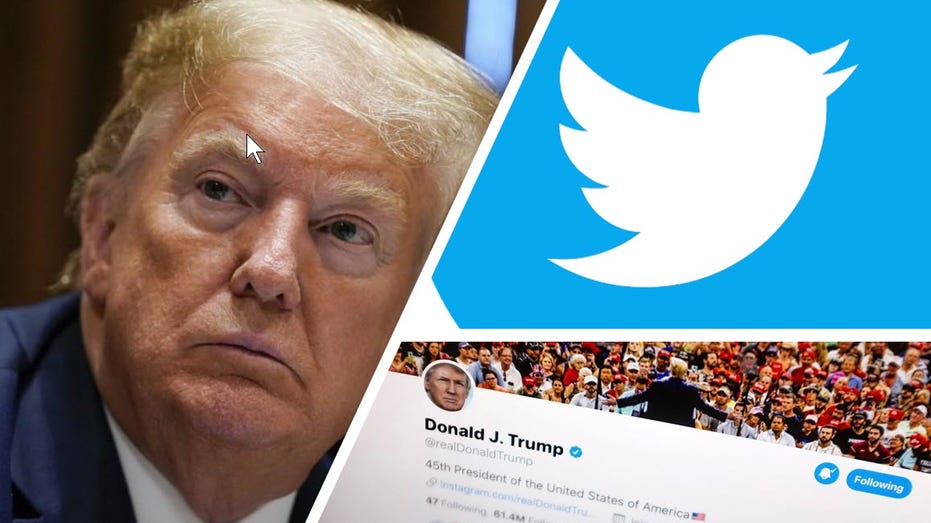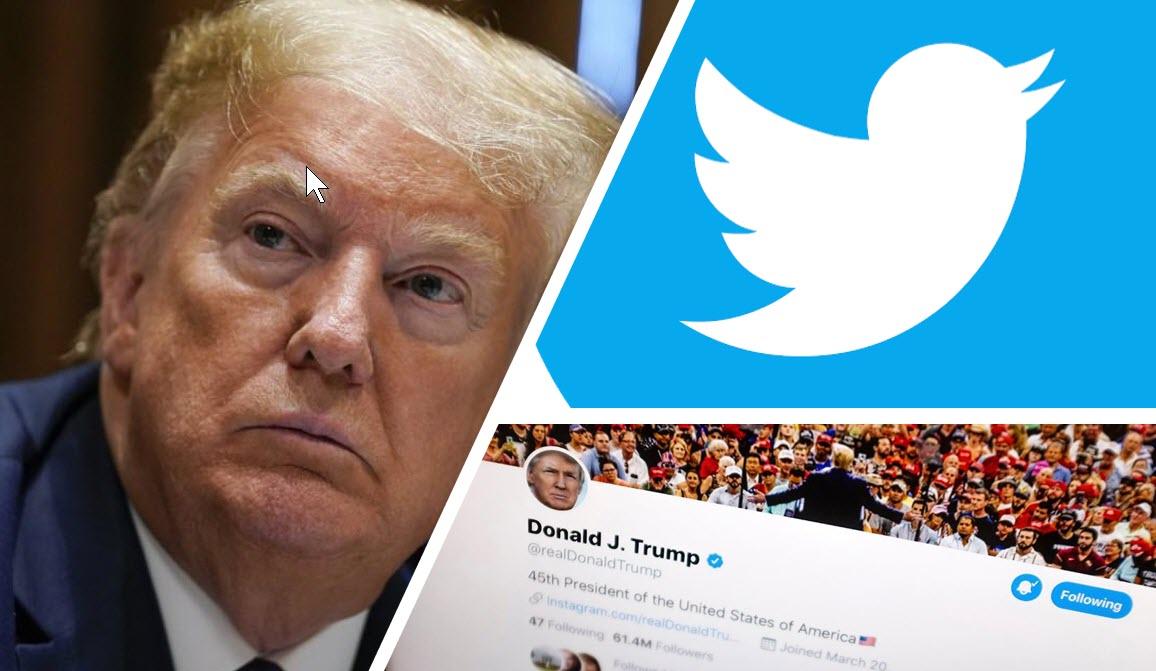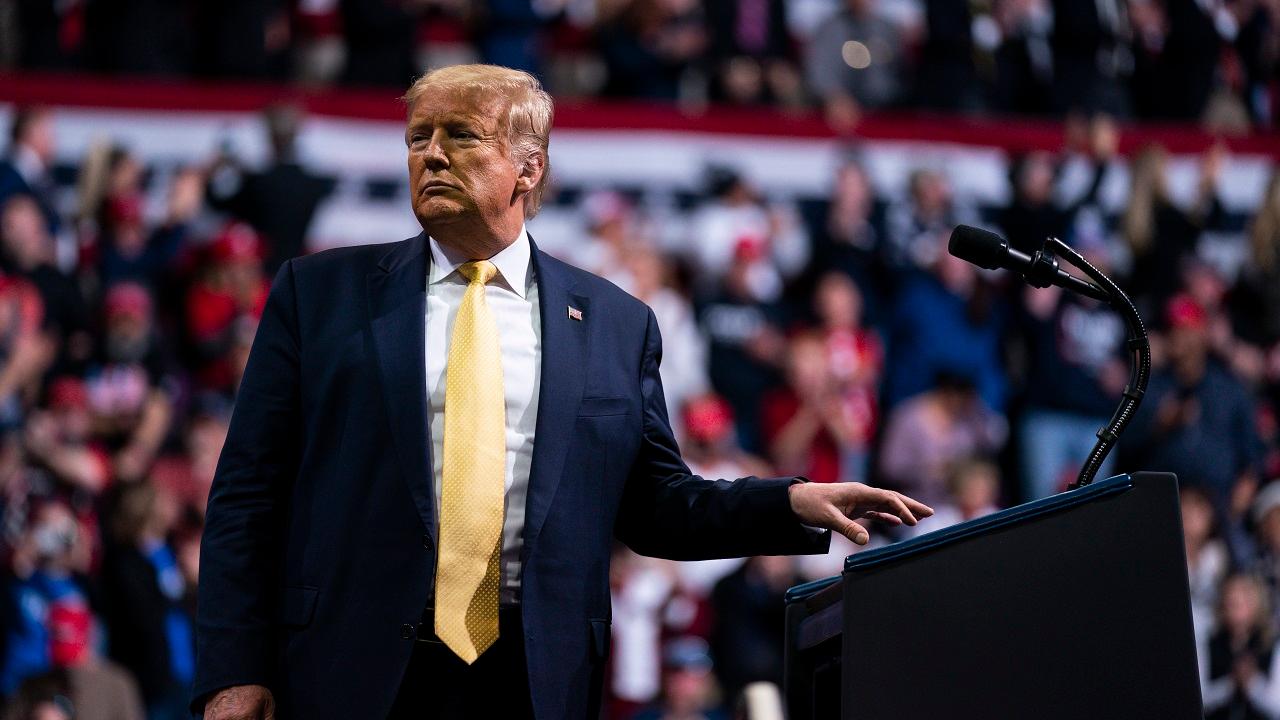Can Twitter censor my tweets?
Constitution's guarantee of free speech has limits
Freedom of speech is often considered, at least by Americans, to be a blanket guarantee of the legal right to say whatever they please, whenever.
In reality, there have always been limits.
And as in President Trump's dispute with social media giant Twitter, which placed a fact-check label on some of his posts in late May, determining where those limits are has caused dissension throughout American history.
For much of his first term, the president has accused Twitter and peers such as Facebook and Google of anti-conservative bias. It's a claim that dates to the companies' efforts to root out inauthentic and misleading posts after U.S. intelligence agencies said the platforms were exploited to sway voters in the 2016 election.
TWITTER WROTE 'DIFFERENT SET OF RULES' FOR TRUMP
While social media industry leaders have consistently denied any political bias, noting they have a financial interest in appealing to users of all political stripes -- since those users constitute a valuable market for the advertisers that generate revenue on the platform -- congressional Republicans have frequently sided with the president.

In one House hearing in 2018, Republicans summoned Facebook personalities Diamond and Silk, the North Carolina sisters who gained prominence as African-American supporters of the president, to air claims that Facebook had curtailed the reach of their content because it was conservative. Diamond and Silk are former contributors to Fox Nation.
"Censorship is not a hoax, it’s real," the women, whose real names are Lynette Hardaway and Rochelle Richardson, told the committee. "It is wrong for these social media giants to suppress and disregard people by diminishing and denying them their free speech."
TWITTER ADDS FACT-CHECK WARNING TO TRUMP'S TWEETS
Democratic lawmakers and constitutional scholars, however, noted that the Constitution bars only the government from restricting free speech. And it offers no guarantee of access to a platform -- whether newspapers, radio, television or social media apps -- to amplify that speech.
Additionally, corporations are entitled to free speech as well, which would include determining what opinions not to disseminate using their own assets.
Indeed, in the Citizens United decision in 2010, the Supreme Court emphasized that corporations' free speech rights extend to political speech.
Stocks In This Article:
"The framers may have been unaware of certain types of speakers or forms of communications, but that does not mean that those speakers and media are entitled to less First Amendment protection than those types of speakers and media that provided the means of communicating political ideas when the Bill of Rights was adopted," wrote Justice Anthony M. Kennedy, who authored the high court's opinion.
While governments have periodically attempted to impose requirements that media publications provide balanced content, those measures typically haven't proved lasting.
In the mid-1970s, the U.S. Supreme Court overturned a Florida law that required politicians attacked by a newspaper to be given equal space to defend themselves.
TRUMP DROPS HAMMER ON SOCIAL MEDIA GIANTS' ALLEGED BIAS
And the Federal Communications Commission dismissed a rule imposing similar requirements on television broadcasters, the so-called Fairness Doctrine, in the 1980s.
Trump, who threatened on Twitter to shut down social media companies after his post was fact-checked, later signed an executive order that would eliminate liability protections under Section 230 of the Communications Decency Act of 1996 for web businesses that repress content for political reasons.
It's a strategy Republicans have hinted at before, but whether it will withstand court review is unclear.
"Courts have generally held that requiring speakers to give up their First Amendment rights in exchange for a privilege (be it federal funding or any other type of federal benefit) still triggers First Amendment scrutiny and have generally struck down such conditions as unconstitutional," Berin Szoka, of the Washington-based think tank Tech Freedom, told lawmakers as long ago as 2018.





















